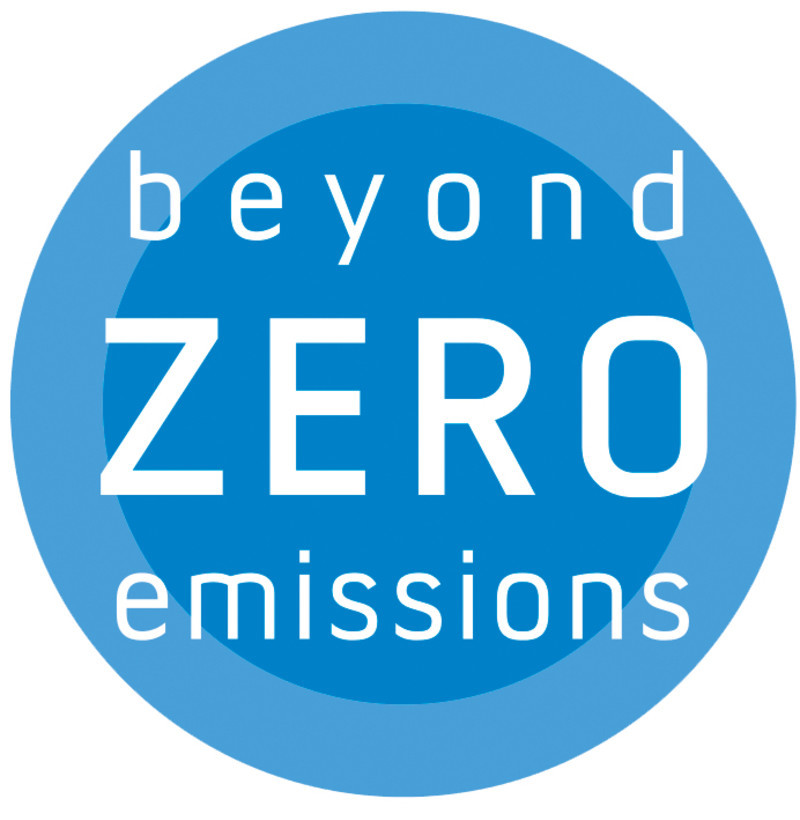CSIRO integral part of global team behind falling particle technology pilot
The US government today announced it will fund a pilot-scale test facility to demonstrate a next-generation concentrated solar thermal (CST) technology that Australia helped develop.

Australia’s national science agency, CSIRO, has been one of the main external contributors to the falling particle technology being developed by US based Sandia Laboratories, which will receive $25m USD from the US Department of Environment to aid in the construction of a demonstration plant in Albuquerque New Mexico.
The falling particle CST technology is 100 percent renewable and can store multiple hours of thermal energy for firm, fully dispatchable power generation.
It is a simple, thermally stable and relatively low-cost system with applications for power generation and heat processing across mining, mineral processing, chemical processing and other high temperature industrial processes.
Australia’s involvement was managed through the Australian Solar Thermal Research Institute (ASTRI), a ten-year, $100 million international research collaboration funded (50 per cent) by the Australian Renewable Energy Agency (ARENA).
CSIRO, through ASTRI, has also built its own pilot-scale falling particle system at its Newcastle solar energy facility.
The technology involves a falling curtain of small particles which is heated by concentrated sunlight.
The particles are heated to well over 700 °C and then stored as thermal energy for use day or night, to generate electricity or to provide high temperature industrial process heat.













